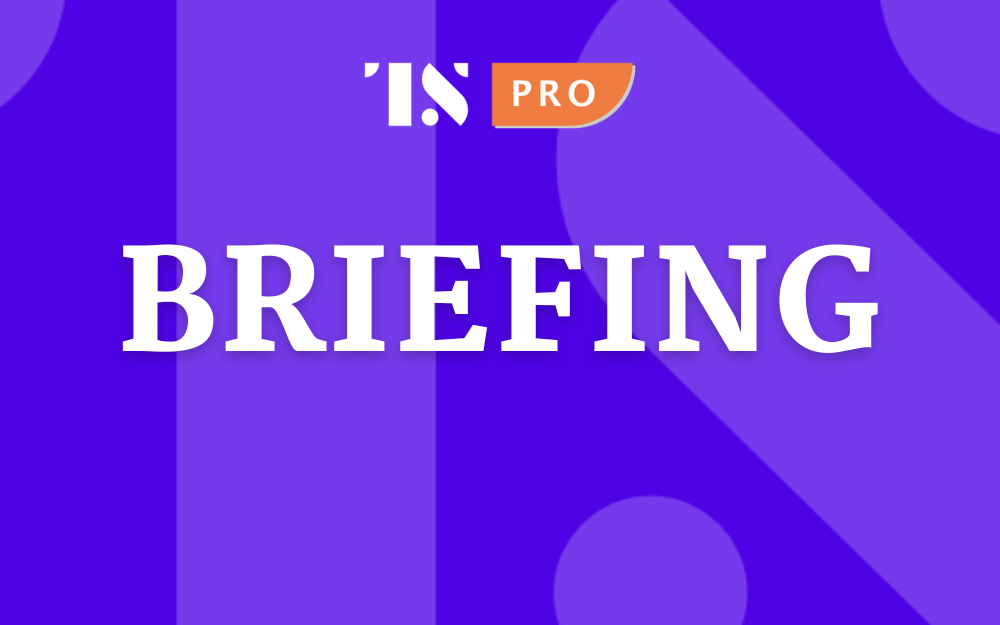Member Exclusive
Tearsheet Briefing: How regulators view Big Tech’s entry into consumer finance
- Big Tech firms may have a competitive advantage over banks and fintechs due to a vast and active user base, creating scale and scope, and network effects in their core markets.
- Federal banking regulators are looking to strengthen policies that promote healthier competition and responsible innovation while protecting the needs of consumers.








